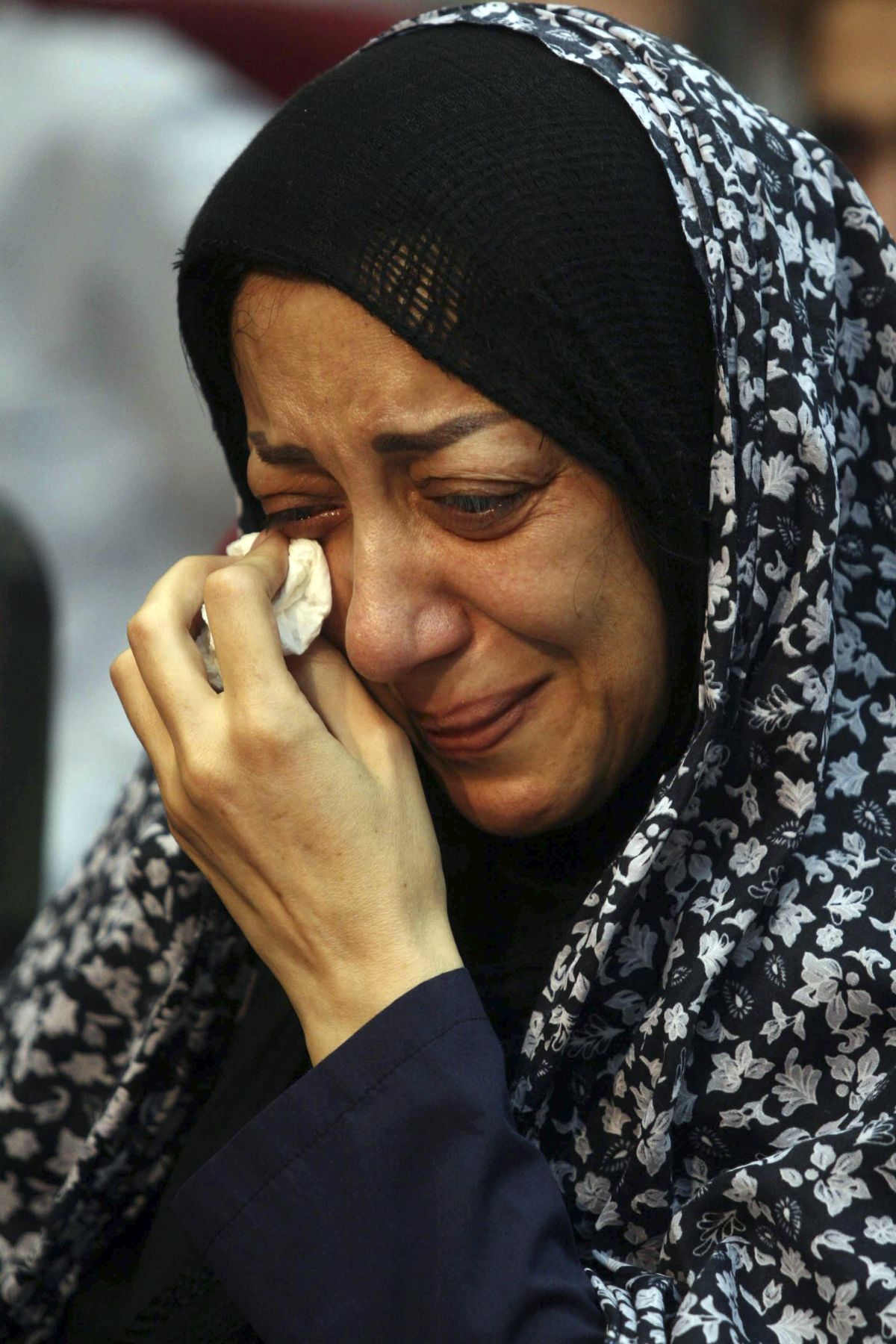Staffers confess in Iran trial
Workers for French, British admit roles in uprising

TEHRAN, Iran – A young French academic and local staff of the British and French embassies stood trial Saturday with dozens of Iranian opposition figures and confessed to being involved in the country’s postelection unrest.
Iran’s opposition and rights groups have condemned the trial as a sham and say such confessions are coerced and scripted. Britain, which seemed caught off guard by the appearance of its embassy employee, called it an outrage, while France demanded the immediate release of its citizen.
Saturday’s second hearing at Tehran’s Revolutionary Court involved a new group of detainees and focused on testimony from the French academic and the two other foreign-linked defendants, demonstrating the government’s resolve to taint Iran’s pro-reform movement as a tool of foreign countries – particularly Britain and the United States.
The prosecutor accused the two countries of fomenting the unrest in an attempt to engineer a “soft overthrow” of the government.
The French academic and the two embassy employees took turns standing at a lectern in the large, wood-paneled courtroom to make confessions.
The French Embassy employee, Nazak Afshar, cried as she admitted she was involved in postelection disturbances. She dabbed her eyes with a tissue and said that “brothers at the Intelligence Ministry made me understand my mistake,” the official Islamic Republic News Agency reported.
Such confessions – whether coerced or not – have become the centerpiece of Iran’s mass trial of more than 100 prominent opposition figures and activists, which began a week ago.
The defendants are accused of crimes including rioting, spying and plotting to overthrow the regime during the massive street demonstrations denouncing the official results of the June 12 election.
The prosecutor read out an indictment at Saturday’s session that accuses Britain and the U.S. of planning to rouse the unrest with the aim of toppling Iran’s Islamic rulers through a “soft overthrow,” the IRNA news agency reported. The indictment also accused the two powers of providing financial assistance to Iran’s reformists to undermine hard-line ruling clerics.
Hossein Rassam, a political analyst at the British Embassy who was arrested shortly after the election, told the court that Britain was involved in fomenting the unrest, according to IRNA.
He said a budget of 300,000 pounds – or about $500,000 – had been allocated to establish contacts with Iranian political groups, influential individuals and activists.